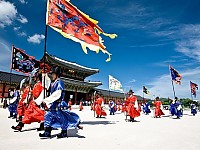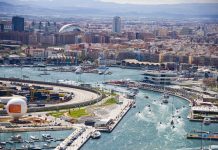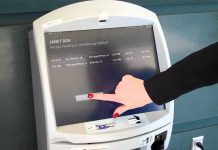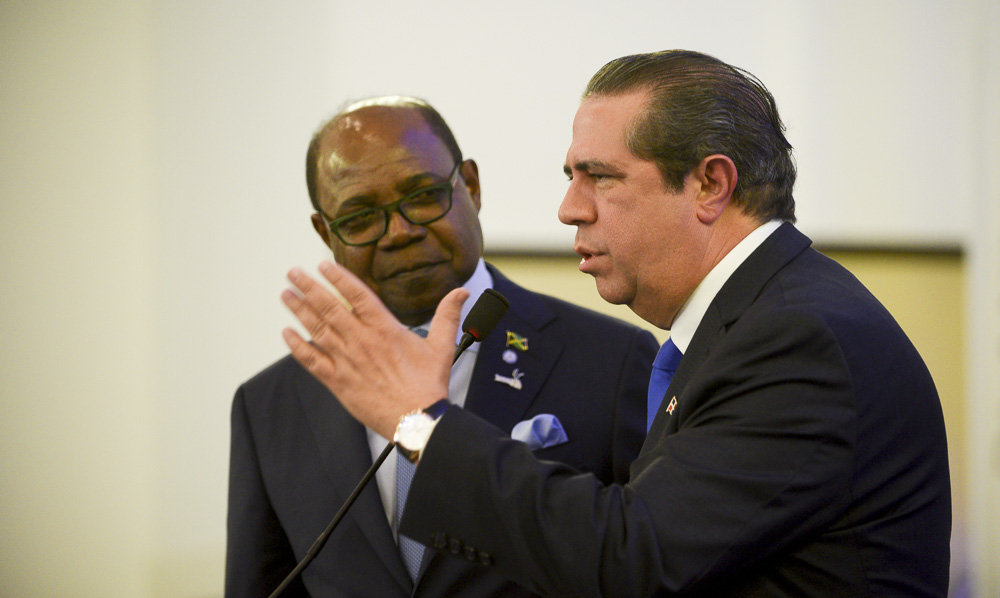This post may contain affiliate links. We may earn money or products from the highlighted keywords or companies or banners mentioned in this post.

South Korea is officially safe for foreigners traveling to the country, as local health authorities declared the MERS epidemic over.
The good news came 23 days after the last case of the Middle Eastern Respiratory Syndrome was registered, and was backed by the fact that no new cases appeared since then. The reassuring announcement comes at a time when Korean tourism is seeing an increase in activity, especially as the country has been chosen as a prime location for international corporate events.
Chinese corporations, in particular, seem to be enjoying South Korea as a location for their employees’ foreign ventures, as a major Chinese enterprise has just sent their 3,000 workers on a cruise to the country and another company is planning on sending 15,000 employees on an incentive trip to South Korea in May 2016.
Meanwhile, Busan was also just announced as the hosting city for the 27th FISM World Championships to Magic to take place next year, which is supposed to bring around 2,500 participants from 50 countries to the Korean city.
While South Korean tourism seems to be alive and well after the epidemic, a 100-day Tourism Recovery Plan was put in place to attract foreign tourists back to the country in order to try and reach the same level of activity the country enjoyed before the unfortunate outbreak.
Under this plan, international media and decision makers will be invited to attend events in Korea’s main tourist areas, in order to showcase the main attractions to the world. The Plan is also structured in a way that takes advantage of events taking place in the neighboring areas like China’s Golden Week, as these traditional seasonal events bring tourists and media outlets from all over the world to the Far East, thus creating opportunities for them to visit Korea on their way over or back.
While most countries didn’t issue travel warnings and the World Health Organization did not recommend travel restrictions, Korea’s economy – especially tourism – suffered great losses in the two months of the MERS epidemic, particularly as travel from the biggest Asian source markets (China, Hong Kong, Taiwan) dropped significantly. However, if the major travel groups coming into the country are any indication, Korean tourism seems to be well on its way to recovery.










